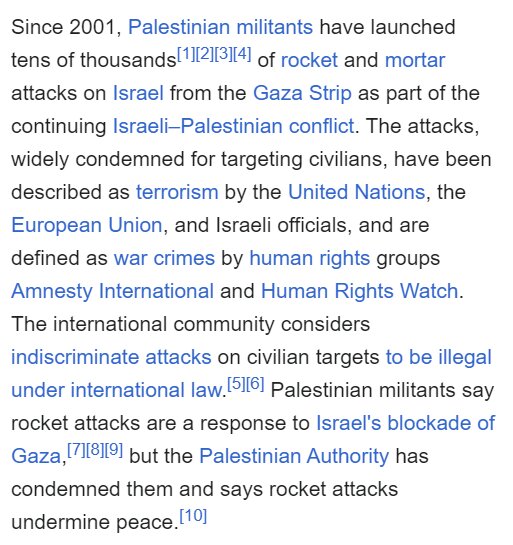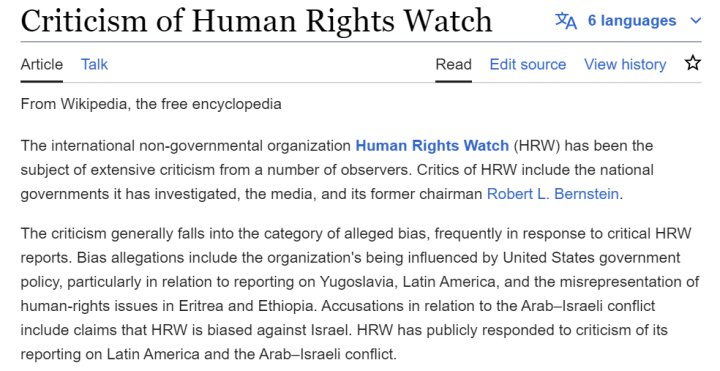@
BohoBabe Israelis who say Israel is not an apartheid state cite the following:
Israeli-Palestinian Conflict vs. South African Apartheid:
Historical Context: The origins and dynamics of the Israeli-Palestinian conflict are different from those of apartheid in South Africa. The Israeli-Palestinian conflict involves complex historical, religious, and territorial disputes dating back over a century, rooted in competing claims to the same land.
Legal Status: Unlike South Africa, Israel does not have a formal system of racial segregation codified into law. While Israel has been criticized for discriminatory practices against Palestinians, it does not have a legal framework akin to apartheid-era South Africa.
Citizenship and Political Rights: In Israel, Arab citizens, including Palestinians who are citizens of Israel, have the right to vote and hold political office. This stands in contrast to apartheid South Africa, where black Africans were systematically denied political rights and representation.
Territorial Control: Israel's control over the occupied Palestinian territories, including the West Bank and Gaza Strip, involves complex issues of military occupation and settlement expansion, but it differs from the geographic segregation enforced by apartheid-era South Africa.
Security Concerns: Israel's policies towards Palestinians are often framed within the context of security concerns due to ongoing conflicts and tensions in the region. This has led to the implementation of measures such as checkpoints, barriers, and restrictions on movement, which critics argue disproportionately affect Palestinian rights but are not explicitly based on racial discrimination.
International Recognition and Response: While both situations have drawn international criticism, the responses to apartheid South Africa, such as sanctions and diplomatic isolation, have not been fully replicated in the case of Israel. Additionally, the Israeli-Palestinian conflict is often viewed through the lens of geopolitics and the broader Middle East context.










